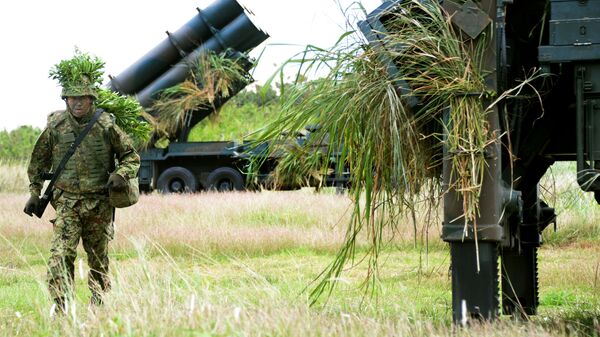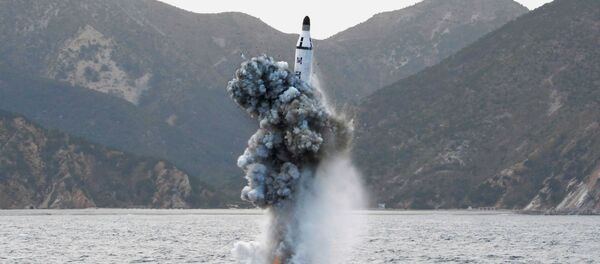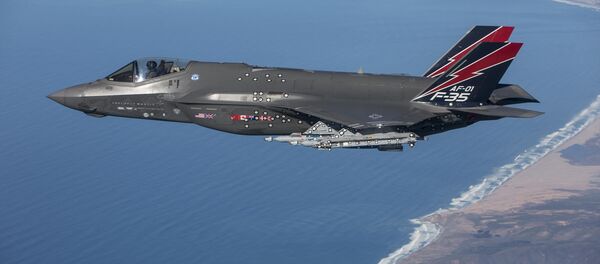Japan, a formally pacifist nation, may see a dramatic increase in its defense budget in the coming year. The budget request submitted on Wednesday seeks roughly $49 billion, a 2.3 percent increase from the previous year.
A large portion of the money will go toward missile defense. The Defense Ministry wants to boost its Patriot Advanced Capability (PAC-3) missiles, as well as the Standard Missile-3 Block IIA intercept system.
This is in response to North Korea’s recent nuclear and ballistic missile tests. Tokyo condemned the most recent test, conducted in the Sea of Japan.
"The launch is a clear violation of UN Security Council resolutions, and poses a threat in terms of security," Japan’s Foreign Ministry said in a statement, according to the Japan Times.
Roughly 84 billion yen will be used for patrols in the East China Sea, where Tokyo is in a territorial dispute with Beijing over the Senkaku islands. The previous year saw a 19-percent increase in the maritime patrol budget.
The United States has pressured its Pacific allies to help stymie China’s growing influence in the region. This has been the primary driver behind Japan’s increasing militarization, including a change to its pacifist constitution allowing Japan to post troops overseas for the first time since World War II.
Washington’s influence also explains the 75 billion yen that will be set aside to purchase a fleet of Lockheed Martin’s F-35 Joint Strike fighters.
Japan’s Foreign Ministry is also seeking a budget expansion, submitting a request for 773 billion yen. This is an 8-percent increase over the previous year, which will be put toward "counterterrorism" efforts.
Speaking to Sputnik earlier this month, Valery Kistanov, head of the Center for Japanese Studies at the Institute of Far Eastern Studies of the Russian Academy of Sciences, pointed out that Japan’s justification for increasing its military budget are specious.
"The North Korean threat is being artificially pedaled by the US and Japan," he said.
"It is ridiculous to claim that North Korean nuclear missile potential might threaten the interests and the national security of these countries, especially the US."





